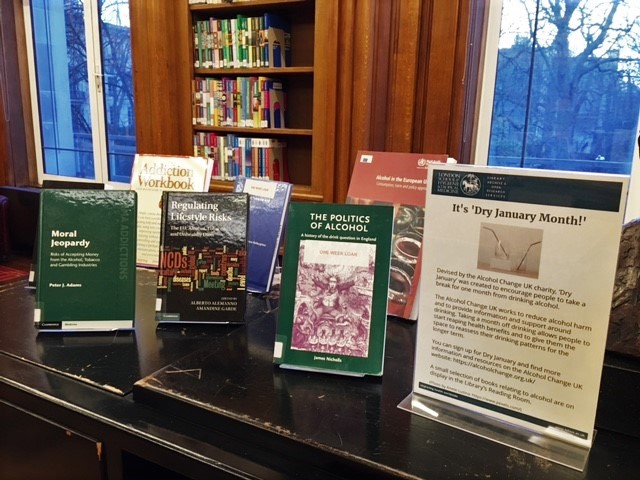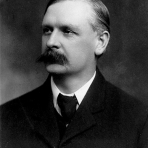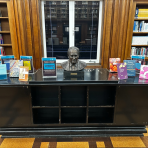Devised by the Alcohol Change UK charity, ‘Dry January’ was created to encourage people to take a break from drinking alcohol for one month. The Alcohol Change UK works to reduce alcohol harm and to provide information and support around drinking. Taking a month off drinking allows people to start reaping health benefits and to give them the space to reassess their drinking patterns for the longer term.
Harmful use of alcohol can have a negative impact on an individual, but the burden can be seen on a more global level as well.
According to the World Health Organization…
“Alcohol is a toxic and psychoactive substance with dependence producing properties. In many of today’s societies, alcoholic beverages are a routine part of the social landscape for many in the population. This is particularly true for those in social environments with high visibility and societal influence, nationally and internationally, where alcohol frequently accompanies socializing. In this context, it is easy to overlook or discount the health and social damage caused or contributed to by drinking.
Alcohol consumption contributes to 3 million deaths each year globally as well as to the disabilities and poor health of millions of people. Overall, harmful use of alcohol is responsible for 5.1% of the global burden of disease.
Harmful use of alcohol is accountable for 7.1% and 2.2% of the global burden of disease for males and females respectively. Alcohol is the leading risk factor for premature mortality and disability among those aged 15 to 49 years, accounting for 10% of all deaths in this age group. Disadvantaged and especially vulnerable populations have higher rates of alcohol-related death and hospitalization.”
(Source: https://www.who.int/health-topics/alcohol accessed 11 January 2024)
You can sign up for Dry January and find more information and resources on the Alcohol Change UK website. (accessed 11 January 2024)
The library has put out a display of books related to alcohol in the main reading room:

(Image by Janice Ward)
Books on display:
Desai, Nimesh. Prevention of Harm from Alcohol Use. New Delhi: World Health Organization Regional Office for South-East Asia, 2003.
Gerritsen, J.-W. (Jan-Willem). The Control of Fuddle and Flash : A Sociological History of the Regulation of Alcohol and Opiates. Leiden ; Brill, 2000.
Bell, Kirsten., Darlene. McNaughton, and Amy. Salmon. Alcohol, Tobacco and Obesity : Morality, Mortality, and the New Public Health. London: Routledge, 2011.
Nicholls, James. The Politics of Alcohol : A History of the Drink Question in England. Pbk. ed. Manchester, UK ; Manchester University Press, 2012.
Regulating Lifestyle Risks : The EU, Alcohol, Tobacco and Unhealthy Diets. Cambridge, United Kingdom: Cambridge University Press, 2015.
Babor, Thomas. Alcohol : No Ordinary Commodity : Research and Public Policy. Second edition. Oxford ; Oxford University Press, 2010.
Fanning, Patrick. The Addiction Workbook : A Step-by-Step Guide to Quitting Alcohol & Drugs. Oakland, CA: New Harbinger Publications, 1996.
Global Status Report on Alcohol and Health. Geneva: World Health Organization, 2011.
Anderson, Peter., Lars. Møller, and Gauden. Galea. Alcohol in the European Union : Consumption, Harm and Policy Approaches. Copenhagen: WHO Regional Office for Europe, 2012.
Butler, Shane. Alcohol, Drugs and Health Promotion in Modern Ireland. Dublin: Institute of Public Administration, 2002.
Adams, Peter J. Moral Jeopardy : Risks of Accepting Money from the Alcohol, Tobacco and Gambling Industries. Cambridge: Cambridge University Press, 2016.
Blocker, Jack S., David M. Fahey, and Ian R. Tyrrell. Alcohol and Temperance in Modern History : An International Encyclopedia : Volume 1: A-L. Santa Barbara, CA: ABC-Clio, 2003.
Singer, Merrill. Drugging the Poor : Legal and Illegal Drugs and Social Inequality. Long Grove, Ill: Waveland Press, 2008.
(Featured image by Anete Lusina)










